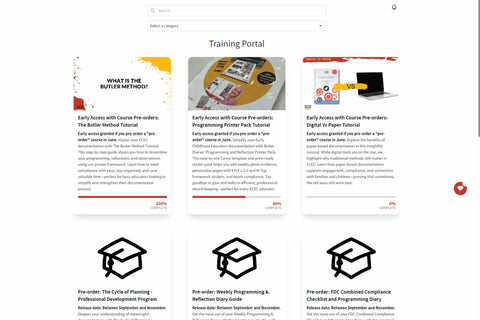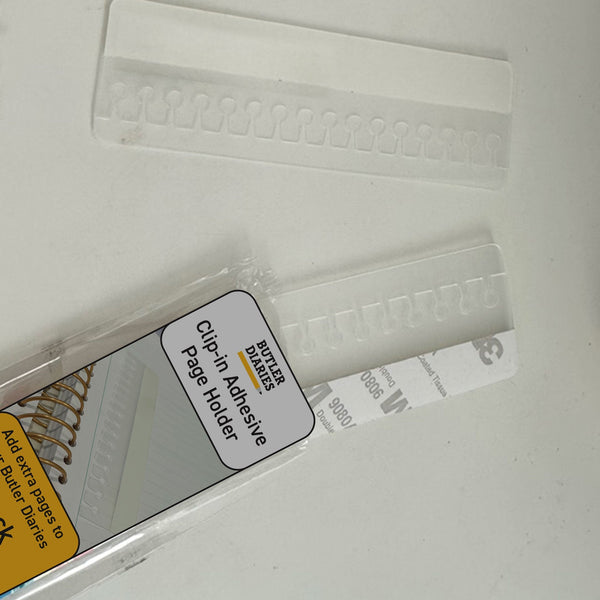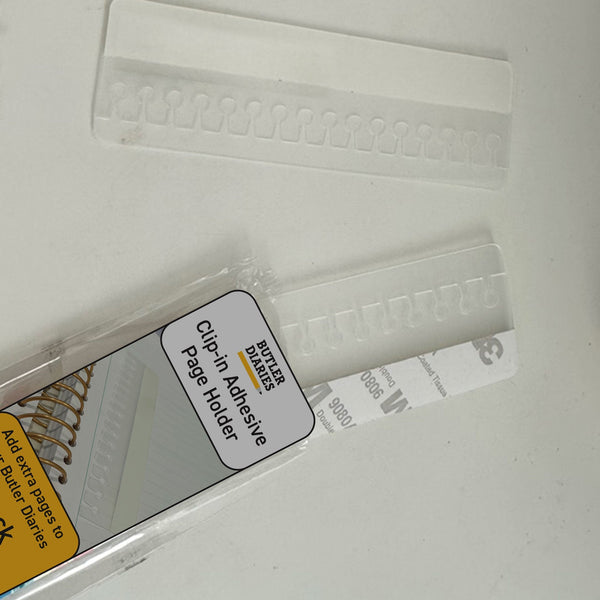As a tradie, your skills go far beyond your craftsmanship; they extend into the realm of negotiation and client management. Successfully navigating these areas is essential for building a thriving business and ensuring long-term success. Whether you're a seasoned professional or just starting out, honing your negotiation skills can make a significant difference in your bottom line and client satisfaction. Here are some valuable tips to help you master the art of negotiation in pricing jobs and dealing with clients effectively:
-
Know Your Worth: Before entering into any negotiation, it's crucial to have a clear understanding of your worth and the value you bring to the table. Consider factors such as your expertise, experience, quality of work, and the market rates for similar services in your area. Knowing your worth empowers you to confidently justify your pricing and negotiate from a position of strength.
-
Research and Preparation: Preparation is key to successful negotiations. Take the time to research your client, their needs, and any specific requirements for the job. Understand their budget constraints and expectations to tailor your proposal accordingly. Additionally, gather information about competitors' pricing strategies and industry standards to inform your pricing decisions.
-
Establish Clear Terms and Conditions: Transparency is essential in negotiations to avoid misunderstandings or disputes down the line. Clearly outline the scope of work, timelines, payment terms, and any additional costs in writing before commencing the project. Establishing clear terms and conditions upfront sets the framework for a mutually beneficial agreement and builds trust with your clients. If anything changes, clearly note the variation in your Construction Diary including details of when the client was informed and agreed. You can even ask the client to sign the variation to avoid potential disagreements down the line.
-
Practice Active Listening: Effective negotiation involves more listening than talking. Take the time to understand your client's needs, concerns, and objectives. Ask probing questions to uncover their priorities and preferences. Demonstrating genuine interest and empathy towards your client's perspective fosters rapport and facilitates constructive dialogue.
-
Highlight Value Proposition: Instead of solely focusing on price, emphasise the value proposition of your services. Highlight the benefits and advantages that set you apart from competitors, such as your expertise, reliability, quality of materials, or post-service support. Demonstrating the return on investment your clients will receive reinforces the justification for your pricing.
-
Offer Flexible Solutions: Flexibility is key in negotiation, especially when dealing with budget-conscious clients. Be prepared to offer alternative solutions or package deals that align with their financial constraints without compromising on quality. Providing options allows clients to feel empowered in their decision-making process and increases the likelihood of reaching a mutually satisfactory agreement.
-
Negotiate Win-Win Outcomes: Aim for win-win outcomes in negotiations where both parties feel satisfied with the terms of the agreement. Focus on finding common ground and mutually beneficial solutions that address the needs of both parties. Adopting a collaborative approach fosters long-term relationships and encourages referrals and repeat business.
-
Know When to Walk Away: While it's essential to be flexible and accommodating, it's equally important to know your limits. If a client's expectations are unrealistic or if the terms of the negotiation are unfavorable, don't be afraid to walk away from the deal. Valuing your time, expertise, and integrity sets the precedent for future engagements and preserves the integrity of your business.
Mastering the art of negotiation is a skill that can be developed and refined over time. By employing these tips and techniques, tradies can navigate pricing negotiations and client interactions with confidence, professionalism, and integrity, ultimately driving business success and client satisfaction.





























